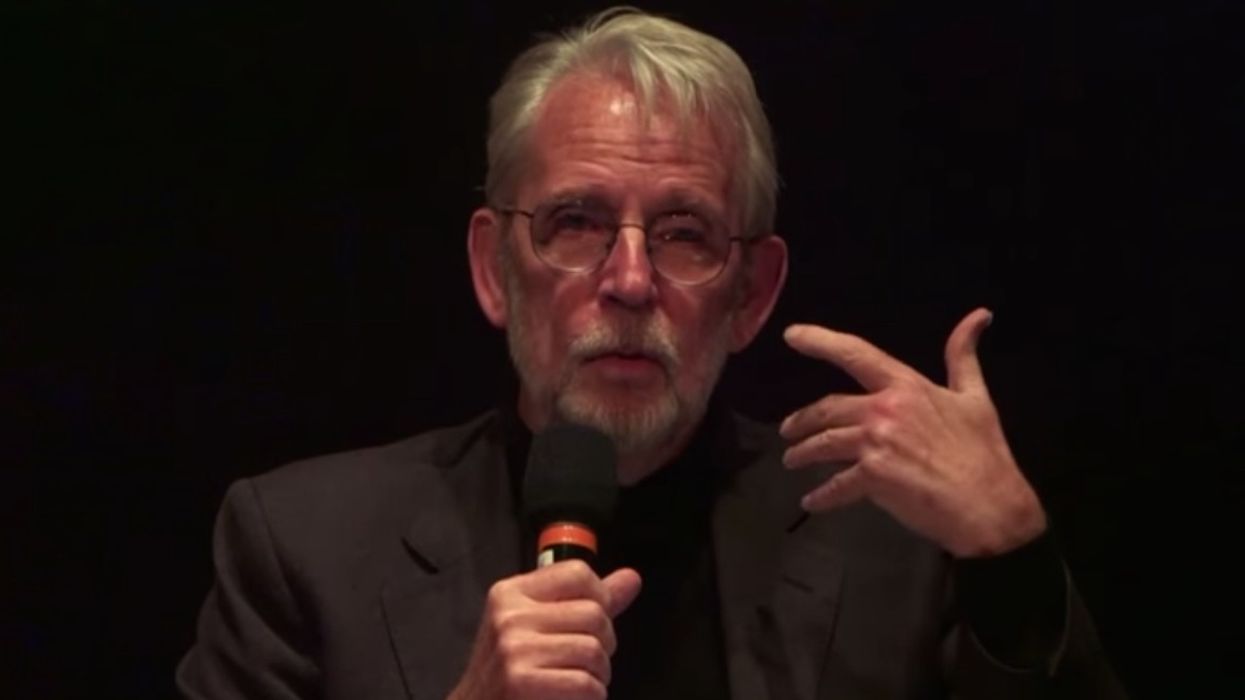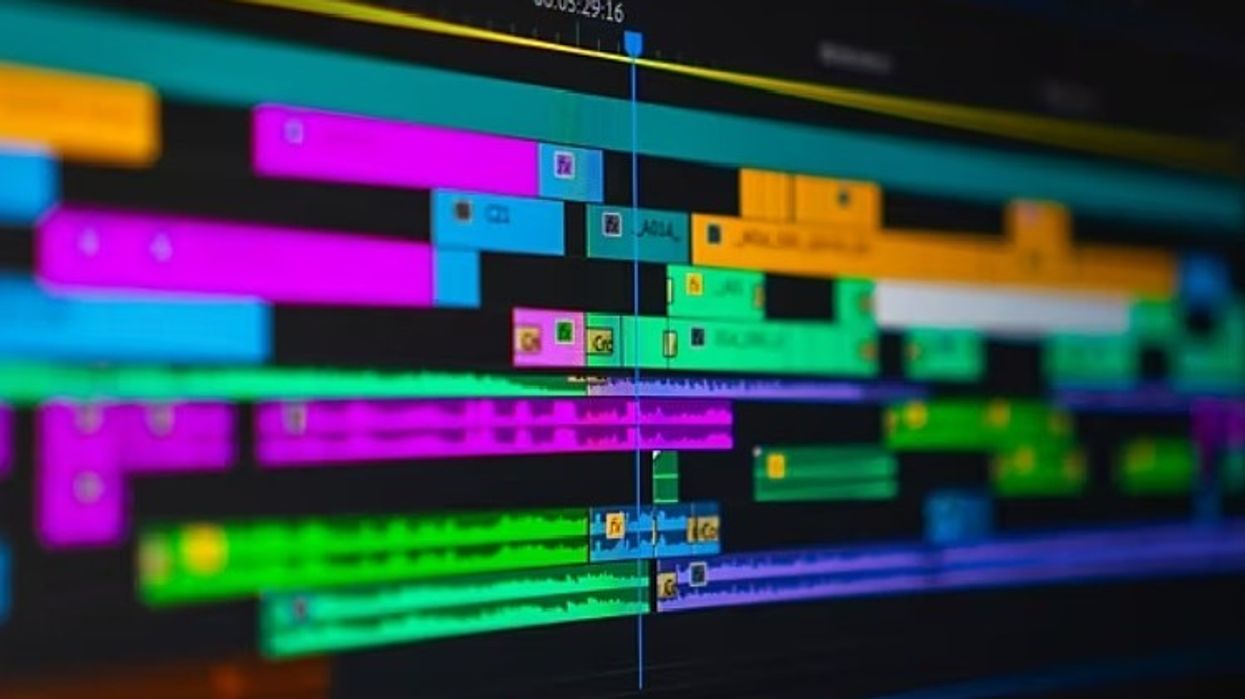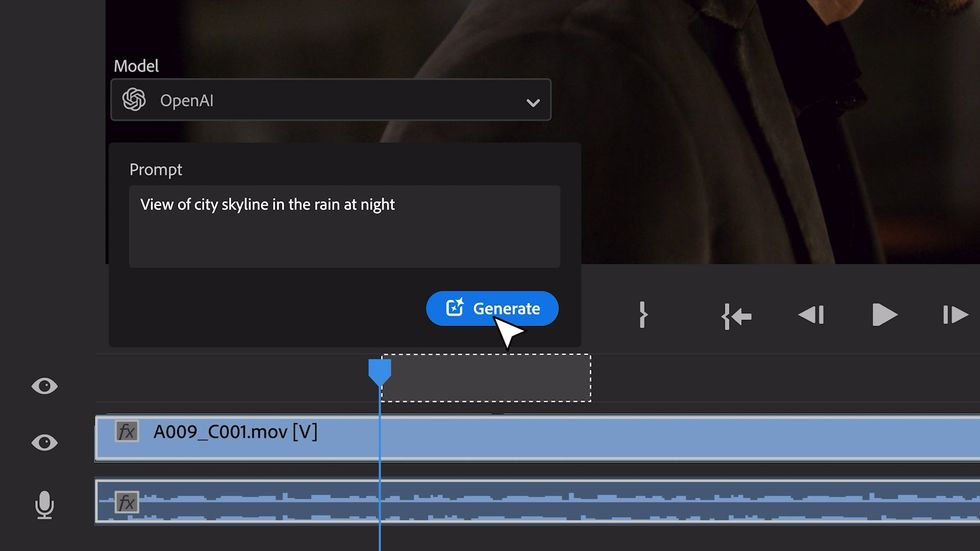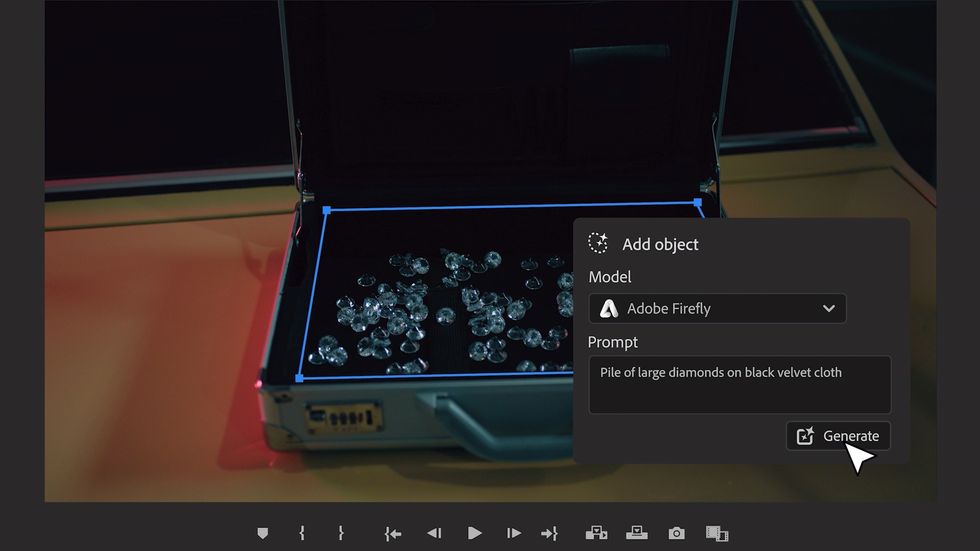Walter Murch & Jon Favreau Discuss the Science Behind the Way We Perceive Movies

Editor and sound designer Walter Murch has some incredibly fascinating ideas on films and editing, most of which he outlines in his book In the Blink of an Eye. In it he proposes the idea that human blinks are actually a very natural cut point, and he goes on to discuss the theory of editing and the importance of certain elements in relation to the entire cut of the movie. Murch and actor/director Jon Favreau recently got together to discuss these ideas and the real science that happens during filmmaking at an event called "Movies in Your Brain: The Science of Cinematic Perception."
Here's a fantastic clip from that event from the Academy's YouTube Channel (via Filmmaker Magazine):
Murch is reiterating some of the same ideas from his book, but I think the most fascinating part of what he says relates to the idea that humans actually enjoy the juxtaposition of concepts -- that we're very accustomed to, and appreciate, two separate thoughts and images for what they are, and then what they mean when they are stuck together. Obviously this changes slightly depending on the film and how it's edited, but thinking about editing that way can be extremely powerful for how you get across different concepts to an audience.
Favreau's point about affecting audiences is more food for thought. What we do on-screen is actively affecting an audience, and we can make more effective movies by learning which dials need to be tweaked in order for a particular scene to move people a certain way (too much tweaking though and we can lose that very same audience).
It's also interesting to think about the idea that film projectors (as opposed to digital projectors), actually cause the audience to do more work. When watching a film print, you're seeing the shutter passing in front of the image for a significant portion of the running time, which means that you're watching complete darkness for a small fraction of time every frame -- for the entire duration of the movie. Many modern film projectors actually have triple bladed shutters to reduce flicker, so the relationship between frames and darkness is a little more complicated than just 50/50. This may very well have an effect on audiences that is different from digital projection, and could have a slight variation with how we perceive motion pictures.
Movies aren't any less enjoyable in digital (at least to me), but is there a magic that is missing when our minds don't have to work as hard to put the images together?
Link: Oscars -- YouTube Channel
[via Filmmaker Magazine]














